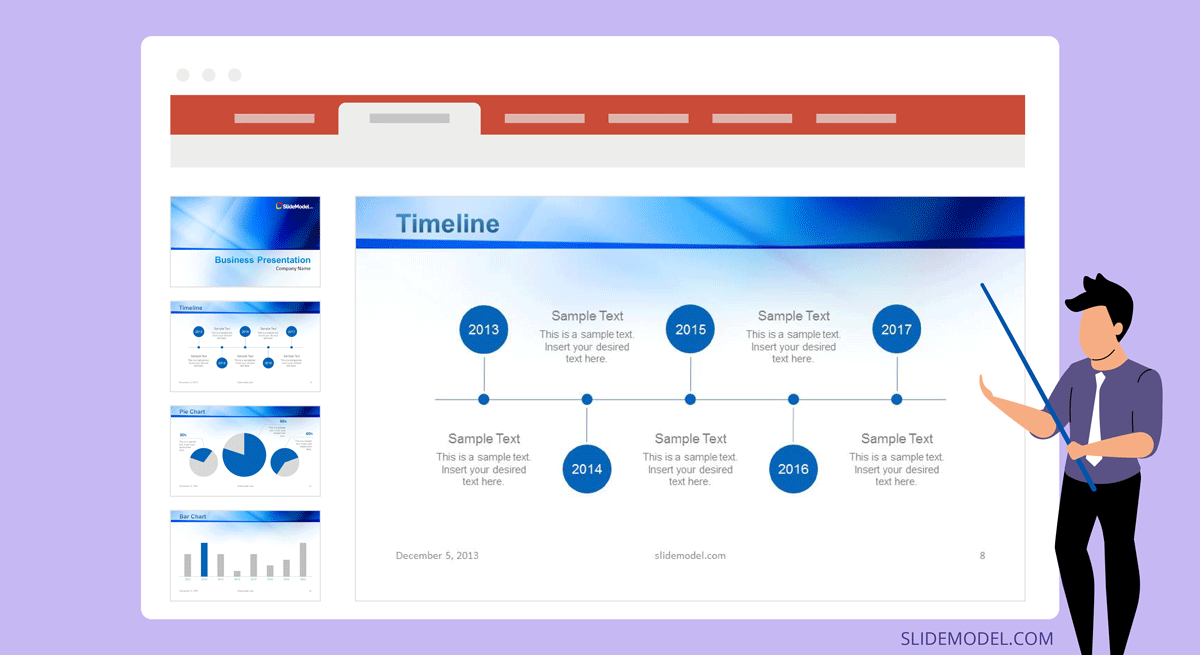The Role of Management Offshore in Streamlining Business Processes
The Role of Management Offshore in Streamlining Business Processes
Blog Article
Browsing Challenges: Proven Techniques for Successful Administration Offshore
By focusing on clear interaction, promoting a natural group culture, and executing robust threat monitoring methods, organizations can browse these intricacies with higher ease. Leveraging advanced modern technology not just improves procedures however likewise facilitates real-time cooperation across geographically dispersed groups.
Comprehending Offshore Challenges
In navigating the intricacies of overseas management, organizations have to first acknowledge the special obstacles that occur in this atmosphere. Misconceptions can lead to inefficiencies and hinder partnership amongst groups.
Furthermore, compliance with regional regulations and regulations presents one more layer of complexity. Organizations needs to remain educated of the lawful landscape in each overseas territory, as non-compliance can result in severe penalties and reputational damage. Differing labor laws and work methods can make complex labor force administration, needing organizations to adapt their human resources techniques accordingly.
Another significant challenge is the threat linked with financial and political instability in specific regions. Organizations must evaluate these risks and develop backup strategies to alleviate potential disruptions. Inevitably, recognizing these difficulties is important for organizations intending to maximize their offshore management approaches and attain sustainable success in a globalized business setting.
Efficient Communication Approaches

Developing a common language and guaranteeing that all staff member are competent in it can alleviate misunderstandings. It is also important to take into consideration cultural distinctions that might affect interaction styles. Regular check-ins and feedback sessions can advertise a setting of openness, enabling employee to voice issues and share insights.
To enhance communication effectiveness, developing an organized interaction strategy that details regularity, techniques, and vital stakeholders can give clarity - management offshore. Additionally, utilizing aesthetic help and created documents can enhance spoken messages, ensuring that information is maintained and recognized
Building a Strong Group Society
Growing a solid team culture is crucial for the success of offshore groups, as it lays the foundation for collaboration and productivity. A robust team society fosters depend on, interaction, and a shared feeling of purpose among employee, which is particularly crucial when working throughout different time areas and social contexts.
To build this society, leaders should focus on open communication, guaranteeing that all team participants feel listened to and valued. Normal check-ins and feedback sessions can assist reinforce this practice, permitting the identification of worries and the party of accomplishments. Furthermore, developing clear objectives and aligning them with the team's worths enhances commitment and responsibility.
Urging social communications, both virtual and in-person, can better strengthen relationships within the group - management offshore. Casual gatherings and team-building activities promote friendship and help damage down barriers that might exist because of geographical ranges. Identifying specific contributions and more celebrating turning points also cultivates a sense of belonging and motivation
Inevitably, a solid team culture not just enhances partnership but also drives technology, as staff member feel encouraged to share ideas and take dangers. By buying cultural advancement, overseas groups can achieve better success and strength in the face of obstacles.
Applying Danger Management Practices
Threat monitoring is a critical part of effective offshore management, making sure that teams are prepared to navigate uncertainties and prospective obstacles. To apply reliable risk management methods, companies must first recognize the specific risks connected with offshore operations. This includes analyzing factors such as geopolitical instability, ecological dangers, and supply chain vulnerabilities.
When dangers are recognized, the following step involves examining their possible impact and likelihood. This assessment enables groups to focus on threats, concentrating resources on those that posture the best danger to job success. Developing a detailed threat management framework is crucial; it should include clear procedures for risk reduction and contingency planning.

Leveraging Innovation for Success
In today's rapidly progressing landscape, leveraging innovation is crucial for attaining success in overseas monitoring. The combination of sophisticated technological services can considerably improve operational efficiency, simplify interaction, and go right here foster partnership across diverse groups.
Cloud computer platforms facilitate real-time information sharing and access, allowing task stakeholders to continue to be educated and engaged despite their geographical places. This immediacy not only boosts decision-making however also aids alleviate risks related to details delays. Additionally, job management software program supplies a centralized center for tracking development, assigning jobs, and managing sources, guaranteeing that all group members are straightened with job goals.

Final Thought
Finally, successful offshore monitoring demands a detailed method that integrates reliable interaction, solid group culture, strenuous danger administration practices, and progressed technological solutions. By cultivating partnership and engagement amongst diverse groups, organizations can browse the complexities of overseas operations more expertly. The execution of a robust threat management framework and the application of innovation not just enhance operational performance but likewise prepare organizations to successfully respond to prospective obstacles and unpredictabilities in the overseas atmosphere. management offshore.

By focusing on clear interaction, fostering a cohesive team society, and implementing robust danger monitoring techniques, companies can browse these complexities with greater ease.Risk administration is a critical component of successful offshore management, guaranteeing that teams are prepared to navigate uncertainties and prospective difficulties. Furthermore, job administration software application offers a centralized hub for tracking progress, assigning jobs, and taking care of resources, guaranteeing that all team members are aligned internet with task objectives.
In verdict, successful offshore management demands a thorough strategy that incorporates efficient communication, solid group culture, rigorous threat monitoring methods, and advanced technical options. By promoting collaboration and involvement amongst diverse groups, companies can navigate the intricacies of offshore operations a lot more adeptly.
Report this page